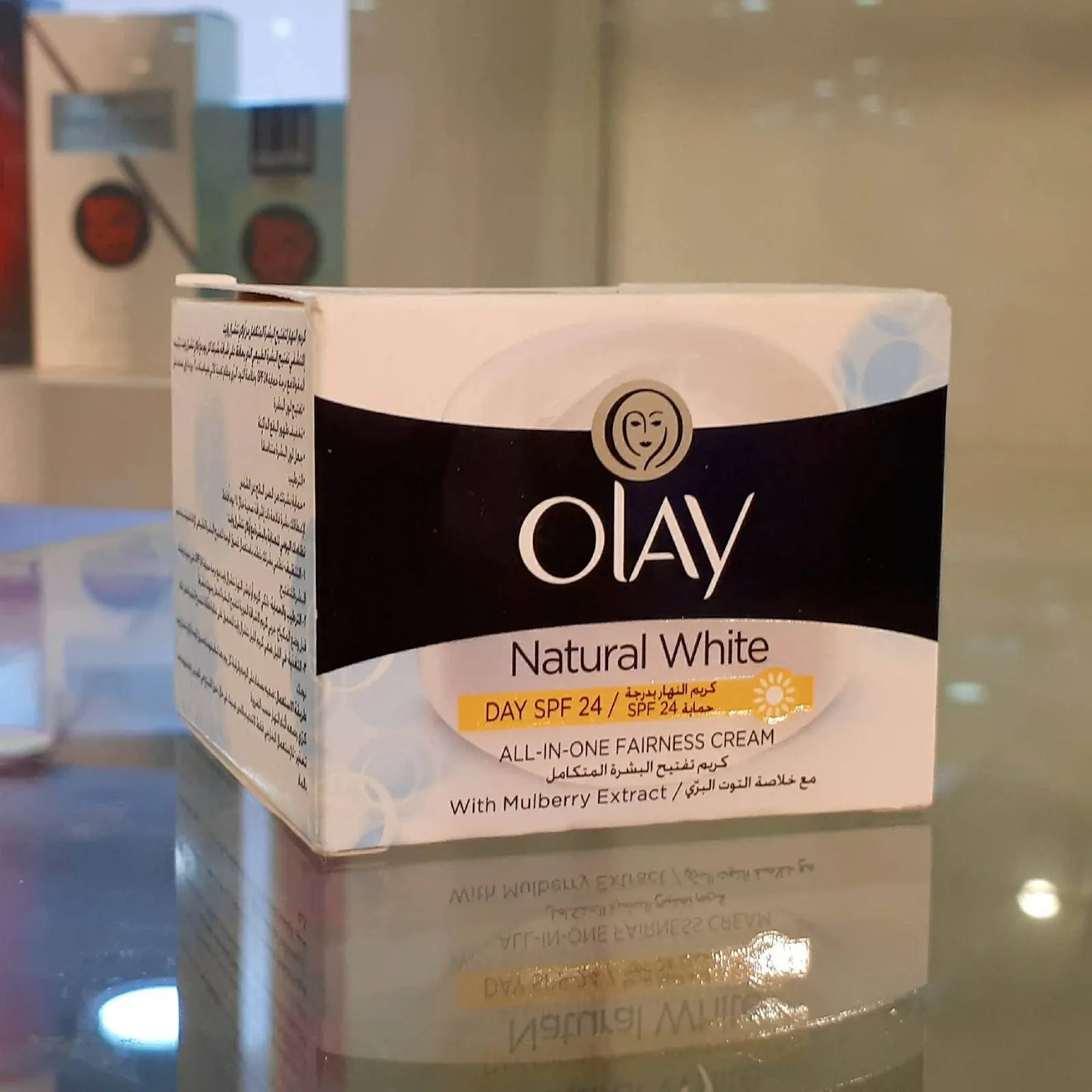What is Whitening Cream and How Does it Work
Whitening creams, also known as skin-lightening creams, are cosmetic products designed to reduce the melanin content in the skin, thereby lightening the skin tone. Melanin is a pigment produced by melanocytes, which determines the color of your skin, hair, and eyes. Whitening creams work by interfering with the production or transfer of melanin. They often contain active ingredients that target melanocytes, either by inhibiting the enzyme tyrosinase (which is essential for melanin production) or by promoting the shedding of melanin-rich skin cells. The effectiveness of a whitening cream depends on its ingredients, the concentration of those ingredients, and the skin type of the user. However, it is important to note that these creams are not meant to completely change the skin color but rather to lighten it and even out the skin tone.
The Science Behind Whitening Creams
The science behind whitening creams is rooted in understanding melanogenesis, the process by which melanin is produced. Tyrosinase, an enzyme found in melanocytes, plays a crucial role in this process. Many whitening ingredients work by inhibiting this enzyme. For example, hydroquinone, a common ingredient, blocks tyrosinase, reducing melanin production. Other ingredients, such as kojic acid and arbutin, also work by inhibiting tyrosinase. Additionally, some creams contain ingredients that promote skin cell turnover, helping to shed off melanin-rich cells. This combination of melanin reduction and cell turnover leads to a lighter skin tone. However, it’s essential to use these creams under the guidance of a dermatologist to ensure they’re safe and effective for your specific skin type.
Key Ingredients to Look For
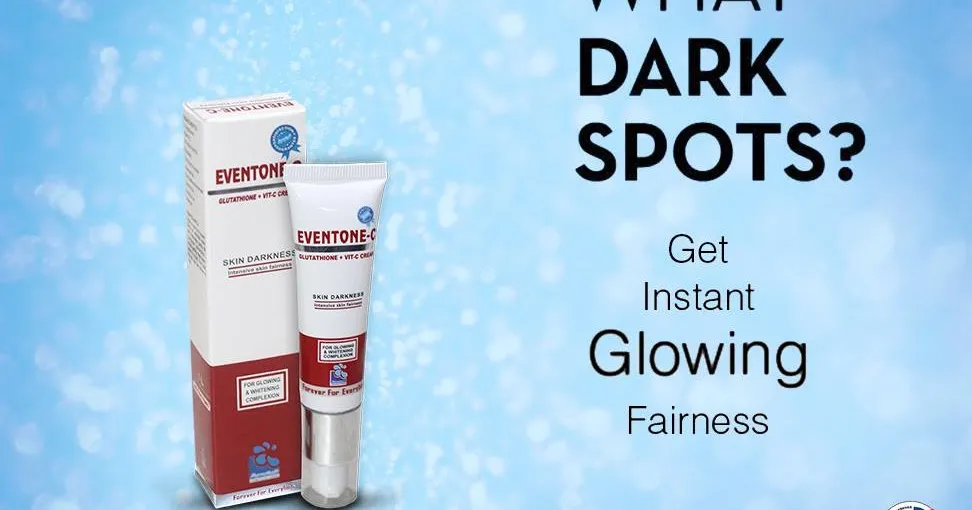
When choosing a whitening cream, it’s crucial to understand the key ingredients and their roles. Hydroquinone is a potent ingredient known for its ability to lighten skin, but it requires careful use due to potential side effects. Kojic acid, derived from fungi, is a tyrosinase inhibitor, offering a gentler approach. Arbutin, a natural compound found in bearberry plants, is another tyrosinase inhibitor, considered a safer alternative to hydroquinone. Vitamin C, a powerful antioxidant, not only brightens the skin but also protects against free radical damage. Niacinamide, a form of vitamin B3, helps to reduce hyperpigmentation and improve skin texture. Always check the ingredient list for these key components to ensure the cream aligns with your skin needs and consult a dermatologist for personalized advice.
Top 5 Whitening Creams for Radiant Skin
Finding the best whitening cream can be a challenge with the plethora of options available. The following list offers five highly-rated creams known for their effectiveness and positive user reviews. These selections are based on a combination of ingredient efficacy, user feedback, and dermatologist recommendations. Keep in mind that individual results may vary, and it’s important to perform a patch test before regular use. These creams are designed to help you achieve a brighter, more even complexion, boosting your confidence and overall skin health.
Whitening Cream 1 Detailed Review
Cream 1 is a popular choice, lauded for its blend of hydroquinone and kojic acid, two powerful whitening agents. It targets dark spots and uneven skin tone effectively. The cream also includes vitamin E, an antioxidant that helps protect the skin. Users have reported significant improvements in skin brightness and a reduction in hyperpigmentation after consistent use. It is recommended to use this cream with caution and under the guidance of a dermatologist, especially if you have sensitive skin. The texture is smooth, and it absorbs quickly, making it suitable for daily use. However, always apply sunscreen during the day to maximize its benefits and protect your skin.
Benefits of Whitening Cream 1
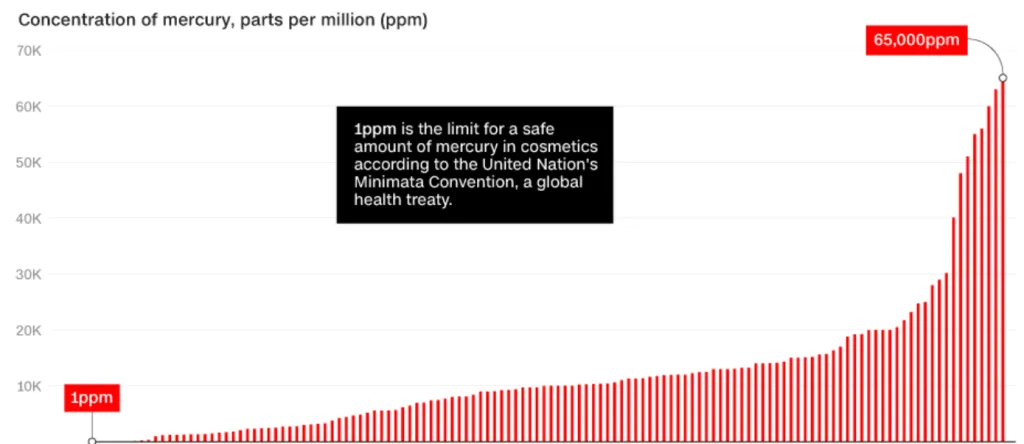
- Effective at reducing dark spots and hyperpigmentation
- Contains antioxidant vitamin E for skin protection
- Smooth texture and quick absorption for daily use
Whitening Cream 2 Detailed Review
Cream 2 distinguishes itself with its arbutin and niacinamide formulation, making it a gentler option. Arbutin, a natural derivative of hydroquinone, gradually lightens the skin, while niacinamide helps improve skin texture and reduces inflammation. This cream is particularly suitable for sensitive skin types and is designed to even out skin tone. Users often praise its ability to brighten their complexion without causing irritation. Regular use can lead to a noticeable improvement in skin radiance. This cream is typically applied at night, and users are encouraged to use sunscreen during the day to maintain optimal results.
Benefits of Whitening Cream 2
- Gentle formula with arbutin and niacinamide
- Suitable for sensitive skin types
- Improves skin texture and reduces inflammation
Whitening Cream 3 Detailed Review
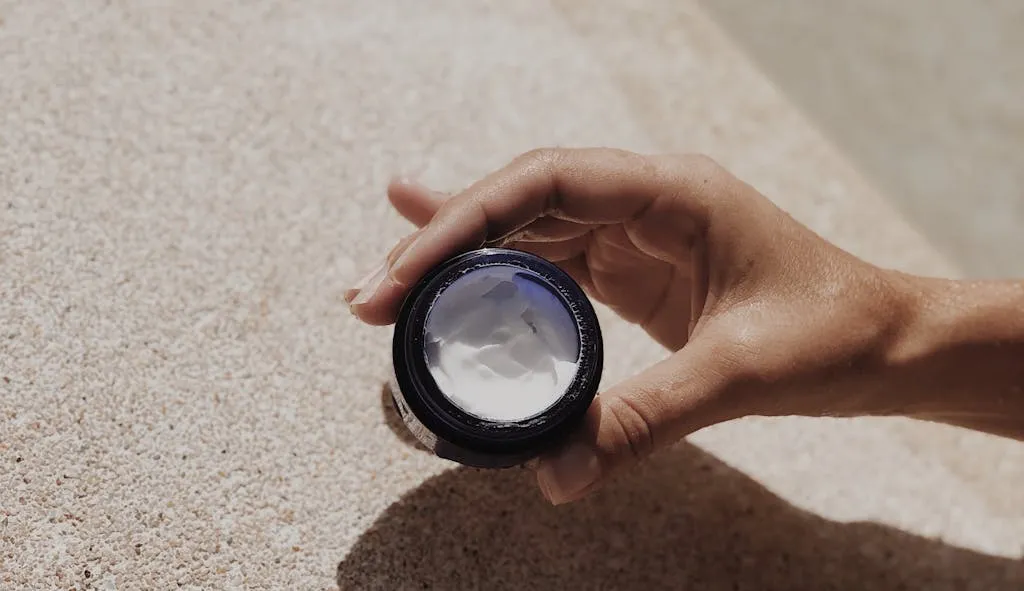
Cream 3 features a blend of vitamin C and licorice extract, focusing on antioxidant protection and natural skin lightening. Vitamin C, a potent antioxidant, helps to brighten the skin and protect against environmental damage, while licorice extract inhibits melanin production. This cream is ideal for those seeking a more natural approach to skin whitening. It’s known for its ability to enhance skin luminosity and reduce the appearance of sunspots and age spots. Consistent use leads to a healthier, more radiant complexion. This cream is also often combined with a broad-spectrum sunscreen for maximum effectiveness.
Benefits of Whitening Cream 3
- Uses vitamin C and licorice extract for natural skin lightening
- Protects skin from environmental damage
- Enhances skin luminosity
Whitening Cream 4 Detailed Review
Cream 4 is specifically designed to address stubborn pigmentation issues, utilizing a combination of hydroquinone and tretinoin. This powerful duo offers significant skin lightening benefits, effectively reducing dark spots and improving overall skin tone. Tretinoin, a retinoid, accelerates cell turnover, which enhances the effects of hydroquinone. Users of this cream often report visible improvements within weeks. It is essential to use this cream under strict dermatological supervision, as it may cause skin irritation and increased sensitivity to the sun. Always apply sunscreen and follow the dermatologist’s instructions.
Benefits of Whitening Cream 4
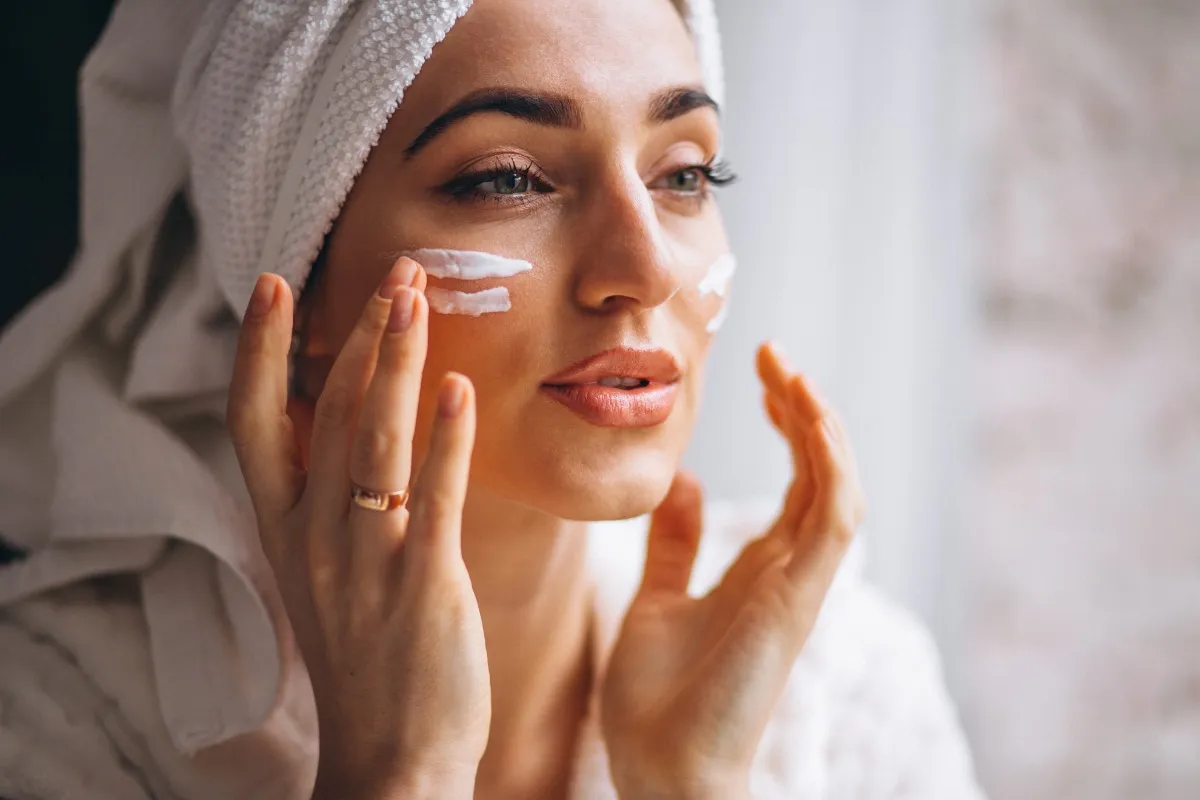
- Effective for stubborn pigmentation issues
- Combines hydroquinone and tretinoin for potent results
- Visible improvements in skin tone and reduction of dark spots
Whitening Cream 5 Detailed Review
Cream 5 is formulated with a blend of peptides and antioxidants, aiming to brighten and revitalize the skin. This cream is known for its anti-aging benefits, providing a comprehensive solution for skin discoloration and wrinkles. It often includes ingredients like glutathione and various plant extracts, which offer a gentle approach to skin lightening while boosting skin health. Users enjoy the cream’s lightweight texture and its ability to provide a youthful glow. Regular use promotes a more even complexion and helps to minimize the signs of aging. This is an excellent choice for those who want a skin-brightening solution with added anti-aging advantages.
Benefits of Whitening Cream 5
- Contains peptides and antioxidants for brightening and anti-aging effects
- Provides a youthful glow and improves skin texture
- Offers a gentle approach to skin lightening
How to Choose the Right Whitening Cream for Your Skin Type
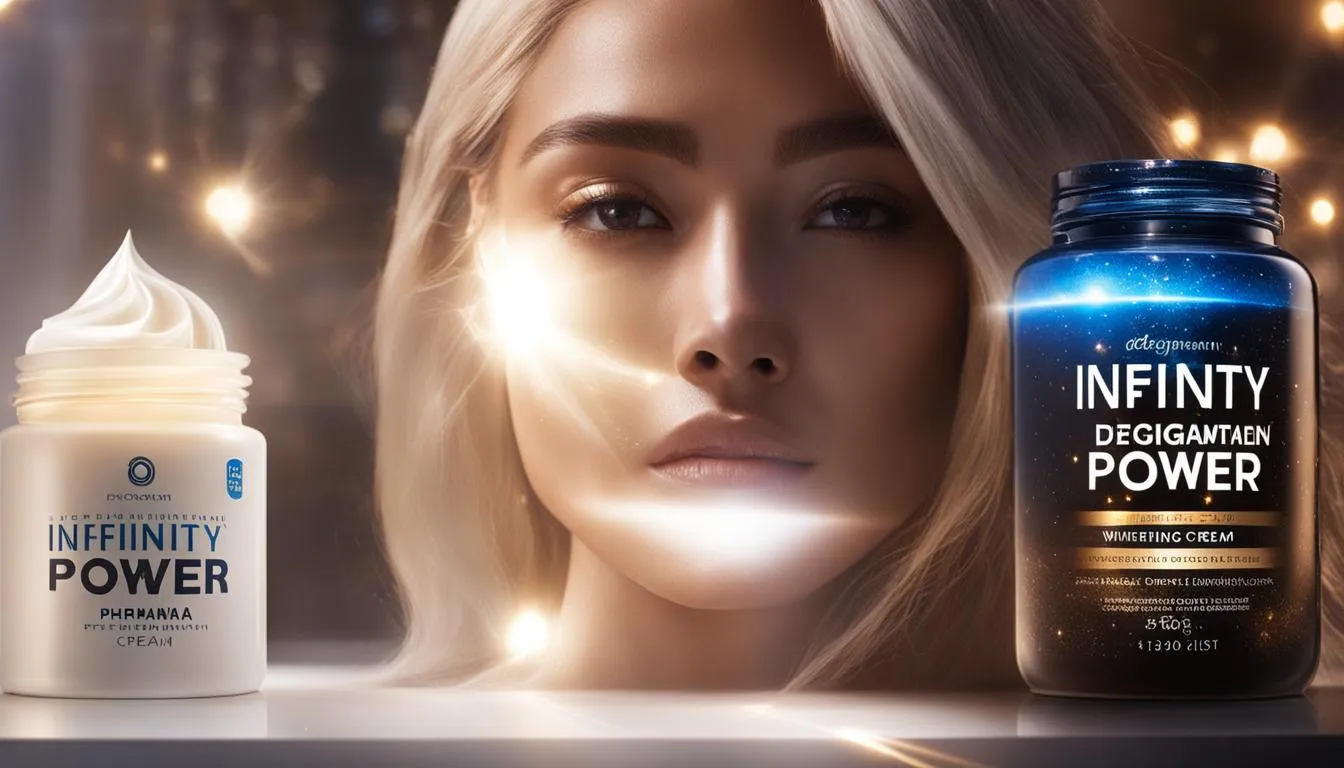
Selecting the right whitening cream involves understanding your skin type. Different skin types react differently to various ingredients. For instance, creams with hydroquinone may be effective but could irritate sensitive skin. It’s essential to consider the ingredients and potential side effects. Always start with a patch test before applying any new cream to a larger area. Consulting with a dermatologist can provide personalized advice based on your skin’s needs. They can assess your skin type and recommend products best suited for you. Ultimately, the goal is to find a cream that effectively lightens your skin without causing adverse reactions.
Understanding Your Skin Type
Understanding your skin type is the first step in selecting the right whitening cream. Skin types are generally categorized as oily, dry, combination, and sensitive. Each type has unique characteristics and different needs. Oily skin tends to produce excess sebum, making it prone to acne and clogged pores, so lighter formulas are best. Dry skin lacks moisture and often feels tight, requiring creams with hydrating ingredients. Combination skin has both oily and dry areas, so choosing a balanced formula is crucial. Sensitive skin is easily irritated, necessitating hypoallergenic and gentle products. Knowing your skin type helps you select a cream with the right ingredients and avoid potential irritants.
Oily Skin and Whitening Creams
For oily skin, opt for lightweight, non-comedogenic whitening creams to prevent clogged pores and breakouts. Look for formulas that contain ingredients like niacinamide or salicylic acid, which help control oil production and exfoliate the skin. Avoid heavy creams or those with a high oil content. Gel-based or serum-based products are often preferable. Remember to cleanse your face thoroughly before applying the cream to remove excess oil and impurities. Using a mattifying primer before applying the cream can also help control shine throughout the day. Additionally, a dermatologist can help you identify the most suitable products for your skin’s unique needs.
Dry Skin and Whitening Creams

Dry skin benefits from rich, hydrating whitening creams that provide essential moisture and nourishment. Look for creams containing humectants like hyaluronic acid and emollients such as ceramides, which help lock in moisture and protect the skin barrier. Avoid creams with alcohol or harsh chemicals that can further dry out the skin. Choose formulas with ingredients that soothe and hydrate, such as aloe vera or shea butter. Apply the cream after cleansing and before your sunscreen to maximize hydration. Regular exfoliation can also help remove dead skin cells, allowing the cream to penetrate deeper. A dermatologist can guide you toward the best hydrating whitening creams for your skin.
Combination Skin and Whitening Creams
Combination skin requires a balanced approach. Choose a whitening cream that addresses both oily and dry areas. Lightweight, oil-free formulas work well for the oily T-zone, while richer creams can be applied to drier areas like the cheeks. Look for products with ingredients like hyaluronic acid for hydration and gentle exfoliants like lactic acid to even out skin texture. Experiment with different products in each area to find the best combination. Using a targeted skincare routine is also helpful, as you can use different products in the morning and at night to address different skin needs. A dermatologist can provide valuable advice for creating a customized skincare regimen.
Sensitive Skin and Whitening Creams
Sensitive skin needs gentle, hypoallergenic whitening creams. Look for products free from fragrances, parabens, and harsh chemicals, as these can irritate the skin. Creams with ingredients like arbutin, licorice extract, and vitamin C are often well-tolerated. Always perform a patch test on a small area of skin before applying the cream to your entire face. Choose formulas specifically designed for sensitive skin, and consult a dermatologist for recommendations. Minimize the number of ingredients in your routine to reduce the chance of irritation. Proper hydration and protection from the sun are essential, and a dermatologist can help you find the most suitable products for your skin.
Tips for Maximizing the Effectiveness of Your Whitening Cream

To get the most out of your whitening cream, you need to follow a consistent skincare routine. Proper application techniques and sun protection are crucial for achieving desired results. Implementing these tips will help you maximize the effectiveness of your cream and maintain healthy, radiant skin. Consistency and patience are key when using these products; results typically take several weeks to become noticeable.
Proper Application Techniques
Proper application techniques are essential for the effective use of whitening creams. Begin by cleansing your face thoroughly to remove dirt, oil, and makeup, allowing the cream to penetrate the skin. Apply a small amount of the cream to your fingertips and gently massage it onto your face, using upward circular motions. Focus on areas with hyperpigmentation or uneven skin tone. Avoid applying the cream too close to your eyes. Use the cream as directed on the product label, typically once or twice daily. Consistency is key for achieving optimal results. Remember to wash your hands before and after application to avoid contamination.
The Importance of Sun Protection
Sun protection is non-negotiable when using whitening creams, as many ingredients make your skin more sensitive to sunlight. The sun’s UV rays can worsen hyperpigmentation and negate the effects of the cream. Always apply a broad-spectrum sunscreen with an SPF of 30 or higher every morning, even on cloudy days. Reapply sunscreen every two hours, especially if you are outdoors. Wear protective clothing, such as hats and long sleeves, and seek shade during peak sun hours. Incorporating sun protection into your daily routine will help maintain your skin’s health and maximize the benefits of your whitening cream.
Potential Side Effects and How to Manage Them
While whitening creams can deliver impressive results, it’s important to be aware of potential side effects and how to manage them. Some common side effects include skin irritation, redness, dryness, and increased sensitivity to the sun. These reactions can vary depending on the ingredients and the individual’s skin type. If you experience any adverse effects, discontinue use and consult a dermatologist. Always perform a patch test before applying a new cream to a large area. Choosing products with gentler ingredients and avoiding overuse can minimize the risk of side effects. Moreover, proper hydration, moisturizing, and sun protection can help soothe and protect the skin.
